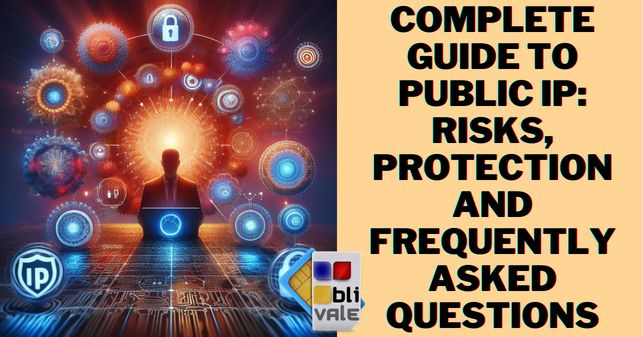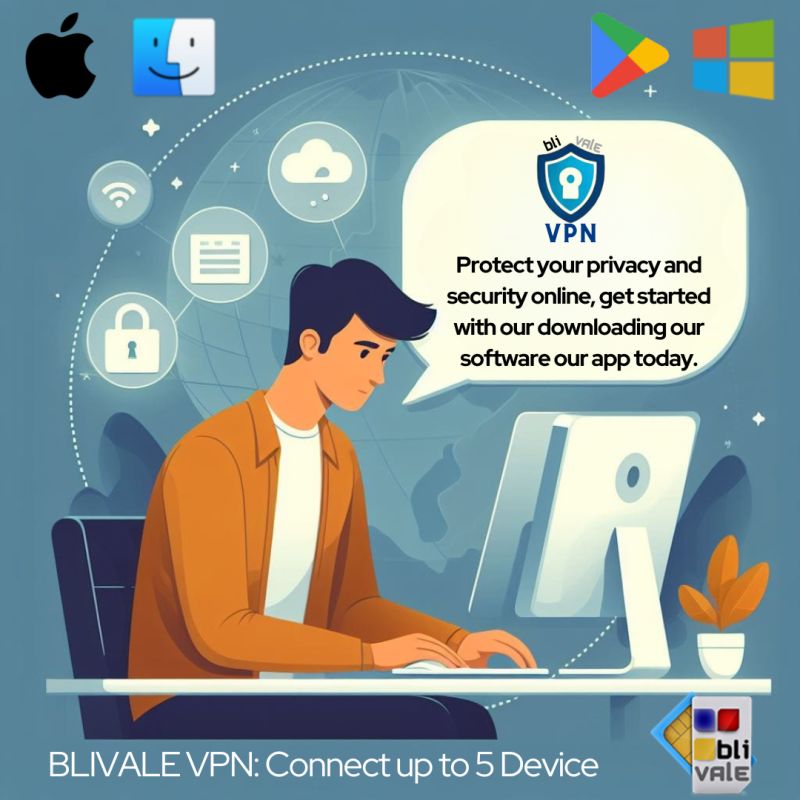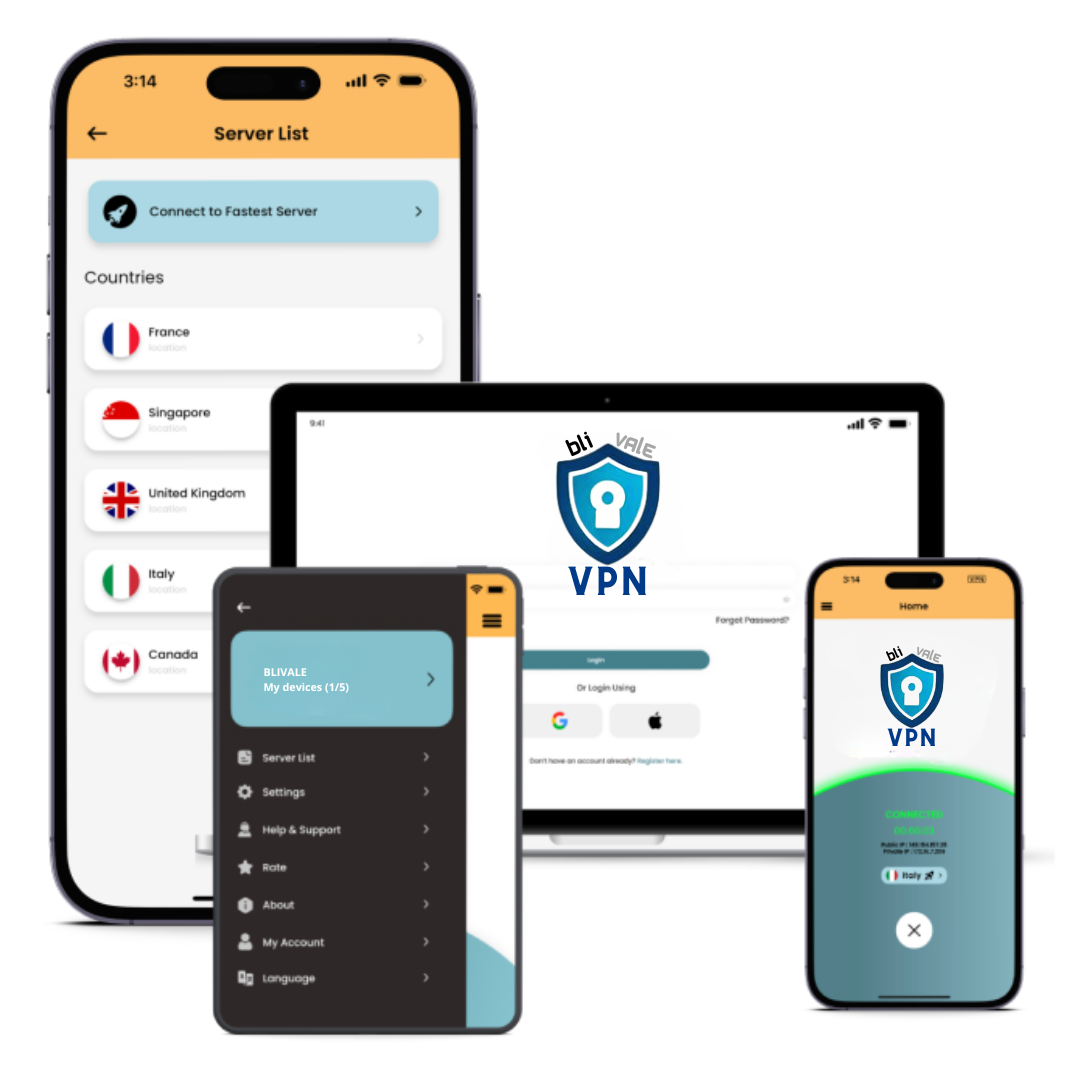Your public IP is a crucial part of your internet connection, but it's crucial to understand the risks associated with it and the protection measures available to ensure your online security and privacy. In this comprehensive guide, we'll explore in detail everything you need to know about public IP, from the types of IP available to potential risks and the most effective security solutions.
Introduction
Your public IP address is a unique identifier assigned to your internet connection, essentially the equivalent of your online postal address. This number allows websites and services to locate your device and establish a connection.
Types of Public IP
-
Static: This type of IP does not change over time and is ideal for activities that require a stable and remotely accessible connection. Mainly provided for internet connections such as landline telephony.
-
Dynamic: The dynamic IP changes periodically, usually following a modem reboot or disconnection from the network. Although more secure than a static IP, it may create problems with some services that require a fixed IP. Mainly provided for internet connections such as mobile telephony (SIM Card and eSIM).
-
Dedicated: Assigned exclusively to you, the dedicated IP offers greater security and privacy.
-
Shared: Used by multiple users at the same time, the shared IP is less secure than a dedicated IP but represents a more economical choice for internet providers.
Risks Associated with Public IP
-
Location Exposure: Your public IP can be used to identify your city and country of origin.
-
Cyber Attacks: A static public IP could be vulnerable to cyber attacks such as DDoS or intrusions.
-
Online Tracking: Your online activities may be tracked and monitored by third parties.
-
Advertising Profiling: The personal information associated with your IP can be used to show you targeted ads.
Protection measures and choices
There are several solutions to protect your public IP and ensure your online safety:
-
VPN (Virtual Private Network): Excellent for those seeking maximum security and privacy. It creates an encrypted tunnel between your device and a VPN server, masking your public IP and location.
-
Proxy: Easy to use but less secure than a VPN. It acts as an intermediary between your device and the internet, hiding your public IP.
-
Tor Browser: Ideal in censorship situations, although it can be slow. Web browser designed to preserve your privacy by routing traffic through a network of anonymous servers.
Frequent questions
- When does the public IP change? The dynamic IP changes periodically, usually following a modem reboot or disconnection from the network. In contrast, static IP remains constant over time.
- What do you risk with a public IP? Location exposure, cyber attacks, online tracking and advertising profiling are the main risks associated with using a public IP.
- How to check public IP? You can check your public IP on different websites such as My IP or in your device's network settings.
Other Online Safety Tips
-
Use strong passwords for your router.
-
Keep your router's firmware updated regularly.
-
Pay attention to the websites you visit and the files you download.
-
Trust your protection to trusted antivirus and anti-malware software.
Conclusions
Protecting your public IP is essential for browsing the internet safely and ensuring your privacy. Choose the security solution that best suits your needs to enjoy a secure and private online connection.
Use
This article provides information for informational purposes and does not constitute professional advice. It is advisable to conduct thorough research as per your needs before making decisions regarding online security.











